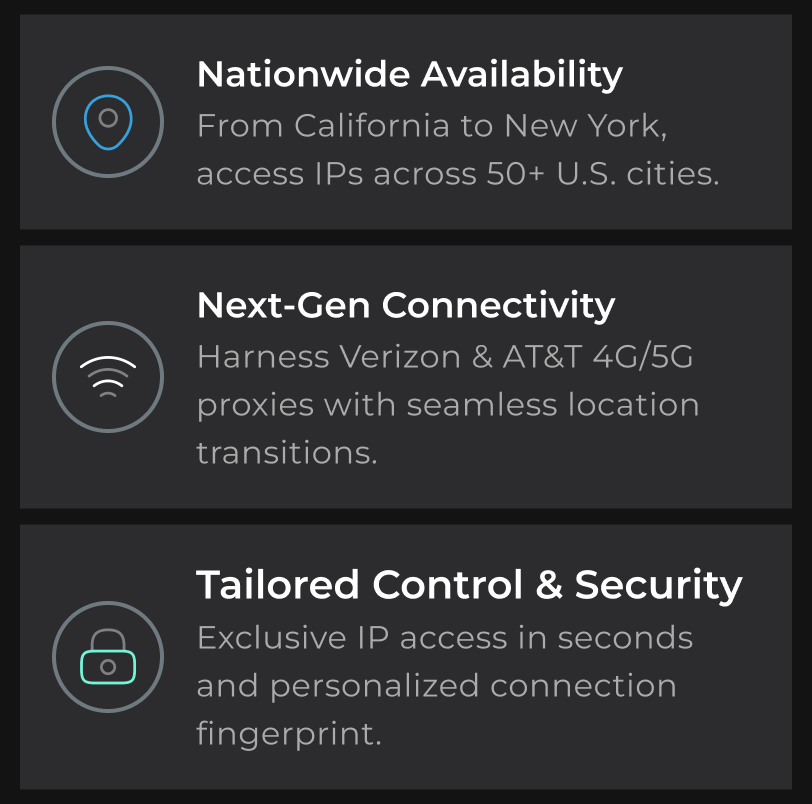Introduction
In an era where cyber threats are increasingly sophisticated, national security agencies are turning to advanced Virtual Private Network (VPN) solutions to safeguard sensitive data and communications. The role of VPNs in national cybersecurity cannot be overstated, providing a secure tunnel for transmitting classified information and ensuring the integrity of government operations.
The Importance of VPNs in Government Operations
VPNs offer a robust layer of security for government agencies, encrypting data and masking IP addresses. This is crucial for maintaining confidentiality in communications, especially in operations that involve national security. By routing data through encrypted tunnels, VPNs protect against interception and cyber espionage.
Key Features of Government-Level VPNs
- Advanced Encryption: Government VPNs employ military-grade encryption standards, such as AES-256, ensuring that data remains unreadable even if intercepted.
- Multi-Factor Authentication (MFA): This adds an extra layer of security, requiring users to provide two or more verification factors to gain access.
- Compliance with National Security Standards: VPNs used by government agencies comply with stringent security protocols, including Federal Information Processing Standards (FIPS) and other regulatory requirements.
Conclusion
As cyber threats evolve, so must the tools to combat them. Advanced VPN solutions offer a reliable, secure method for government agencies to protect their digital assets and communications. As technology advances, VPNs will continue to be a cornerstone of national cybersecurity strategies.





